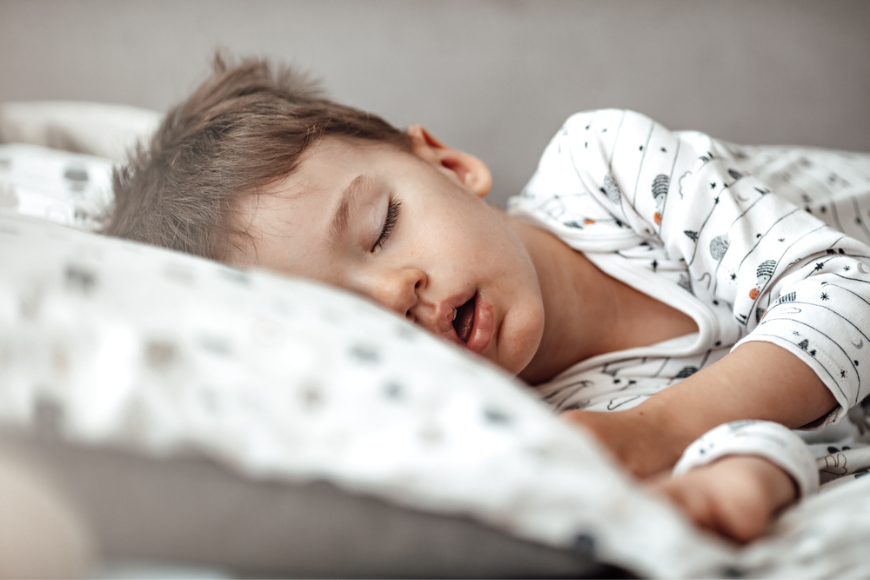We take a look at menopause, including its signs and symptoms, stages, and what treatment is recommended by doctors
29 November 2022
| Last updated on 29 November 2022
What is menopause?
Menopause is a natural biological process in a woman’s life when she has reached the permanent end of menstruation and fertility, defined as occurring 12 months after her last menstrual period. During this process a woman’s body makes less of the hormones estrogen and progesterone.
Who is affected by menopause?
- Menopause naturally occurs in woman between the ages of 45 and 55.
- Menopause may occur at earlier ages due to medical treatments such as surgery to remove the ovaries, family history, or cancer treatments such as chemotherapy or radiation in the pelvic area
- Symptoms usually begin to appear several years before menopause.

What are the signs and symptoms of menopause?
- Hot flashes (getting warm in the face, neck, or chest)
- Increased abdominal fat
- Thinning of bones and hair
- Night sweats
- Mood swings
- Irregular periods
- Decreased fertility
- Sleep disturbance
- Vaginal dryness
What are the stages of menopause?
Menopause is a transition that occurs over months and years. It is characterized by two stages, perimenopause and post-menopause. Here are some things to expect during the stages of menopause:
Perimenopause
- May last 4 to 5 years, or longer
- Onset of menopausal signs and symptoms, such as mood swings, hot flashes, and diminished sex drive
- Menstruation continues, but it may become irregular
- Pregnancy is possible but unlikely
Post-menopause
- Menopause occurs after 12 months with no menstruation. The years that follow are called post-menopause.
- The ovaries produce much less estrogen and stop releasing eggs
- Postmenopausal bleeding may occur (keep a healthcare provider informed if this happens)
- Some women notice higher energy levels
- Risk for certain health conditions increases, so regular medical visits are important

Treatment for menopause in Dubai
Before deciding on any form of treatment, talk with your doctor about your options and the risks and benefits involved with each.
Are there treatments, ways to prevent the health concerns, or proactive efforts I could make?
- Maintain sufficient levels of calcium and vitamin D
- Hormone therapy and low-dose antidepressants have been shown to decrease menopausal hot flashes
- Strengthen your pelvic floor – pelvic floor muscle exercises, called Kegel exercises, can improve some forms of urinary incontinence.
- Eat a balanced diet that includes a variety of fruits, vegetables and whole grains and that limits saturated fats, oils and sugars. Aim for 1,200 to 1,500 milligrams of calcium and 800 international units of vitamin D a day.
- Optimize your sleep – avoid caffeine and engage in relaxation techniques, such as deep breathing, guided imagery and progressive muscle relaxation, to help with sleep problems.
- Decrease vaginal discomfort – use over-the-counter, water-based vaginal lubricants (Astroglide, K-Y) or moisturizers (Replens, Vagisil). Staying sexually active also helps.
- Don't smoke – smoking increases your risk of heart disease, stroke, osteoporosis, cancer and a range of other health problems. It may also increase hot flashes and bring on earlier menopause.
- Exercise regularly – get at least 30 minutes of moderate-intensity physical activity on most days to protect against cardiovascular disease, diabetes, osteoporosis and other conditions associated with aging.
- Schedule regular checkups – talk with your doctor about how often you should have mammograms, Pap tests, lipid level (cholesterol and triglyceride) testing and other screening tests.
Health concerns with menopause
According to Dr. Sujata, these are some of the health concerns following menopause:
- Cardiovascular disease
- Osteoporosis
- Urinary incontinence.
- Weight gain
- Cancer
Many women are also interested in the potential of lifestyle and behaviour changes to manage their menopausal symptoms, such as...
Maintain a healthy weight
Women often ask their doctors about menopause and weight gain. It is a myth that menopause causes weight gain and in fact the opposite is true – evidence suggests that weight gain can make your menopausal symptoms worse.
Ask your doctor for exercise and dietary advice to suit your situation. General principles of a healthy diet include consuming:
- 6300 to 6700 kJ (1500 to 1600 calories) per day to maintain weight
- 5450 to 5900 kJ (1300 to 1400 calories) per day to lose weight
- Consuming three main meals and two protein-containing snacks per day
- Eating smaller portions
- Including more oily fish such as salmon, trout, sardines, mackerel
- Consuming less meat, fat and sugar

Exercise regularly
Exercise may not directly help your hot flashes and night sweats, but it can help to maintain healthy weight and this can decrease the severity of your symptoms. Exercise has many mental and physical benefits and builds more muscle mass. This extra muscle burns more energy even when you are resting. Exercise can also help reduce the risk of osteoporosis, a possibility for some menopausal women.
You will get the best benefit if you incorporate three types of movement into your day:
- Aerobic activity for heart health – climbing stairs, walking the dog and gardening all help to build more movement into your day
- Flexibility training such as stretching, yoga or pilates improve both flexibility and balance
- Strength training helps to build bone and muscle and can include simple body weight exercises you can do at home. Get advice from your doctor before lifting heavy weights.
Avoid hot flash triggers
If you have noticed that some triggers can increase the frequency or severity of your hot flashes and night sweats, avoiding these triggers might help. Triggers include:
- Spicy foods
- Smoking – a risk factor for hot flashes
- Alcohol – can trigger hot flashes and you might find your flashes improve if you avoid alcohol.

Mind- and body-based therapies and practices for menopause
Cognitive behaviour therapy
Group and individual cognitive behaviour therapy (CBT) can help you to change unhelpful ways of thinking, feeling and behaving. Studies suggest CBT can help you cope with the impact of menopausal symptoms while also increasing your wellbeing.
Yoga, breathing practices and relaxation
While all of these practices can help with wellbeing, only yoga has been shown in some studies to improve menopausal symptoms and sleep.
Authored by Dr. Sujata Warhekar, Specialist Obstetrician & Gynaecologist at Mediclinic Dubai Mall






























































































![We Tried [u]bk's Lively Garden Brunch at Mövenpick JLT Dubai We Tried [u]bk's Lively Garden Brunch at Mövenpick JLT Dubai](https://cdnexpatwomanfood.expatwoman.com/s3fs-public/urban%20bar%20and%20kitchen%20brunch%20main.png)









































